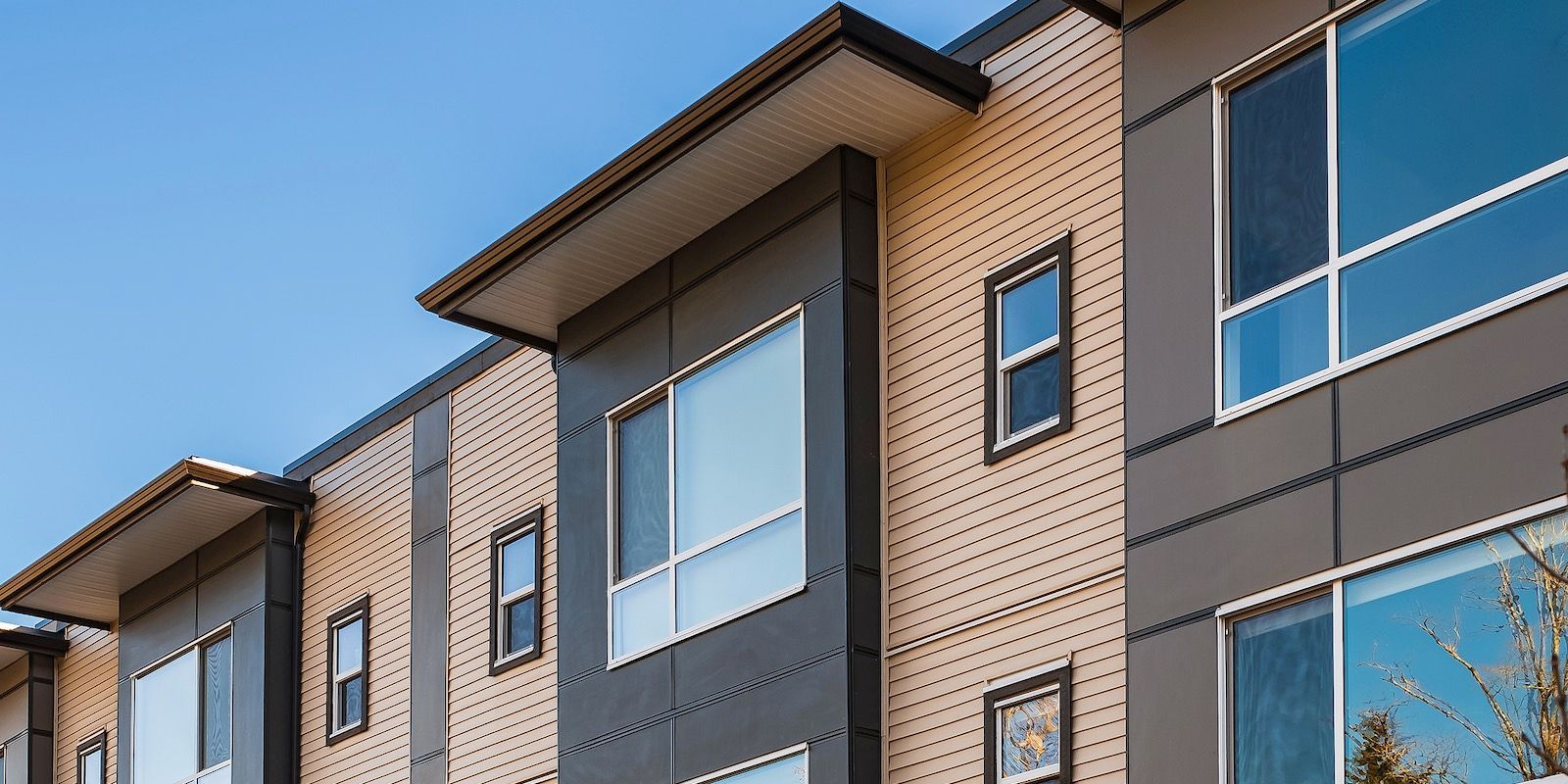What’s Driving Canadian Homebuyers?
Mortgage rule changes and increasing interest rates—surprisingly—weren’t the top motivators for prospective homebuyers in 2017, according to a new survey from the Canada Mortgage and Housing Corporation (CMHC).
Instead, the 2018 Prospective Home Buyers Survey found that improved accessibility (i.e., fewer physical obstacles and barriers) and investment opportunity were the main driving factors to purchase a home.
The results were divided into three segments of buyers: first-time buyers, previous owners (who had previously owned a home but do not currently) and current owners.
For first-time buyers and previous owners, the desire to stop renting was ranked as one of the top three motivators to buy a home by 65% and 60%, respectively.
“The majority of prospective home buyers from all groups agree that home ownership is a good long-term financial investment,” the survey noted.
This is the first time CMHC has conducted this specific study, which examined attitudes and expectations of prospective Canadian homebuyers, as well as their understanding of the homebuying process.
There was also some positive news for brokers, as the survey confirmed that a majority of buyers from all three groups—including a full 80% of first-time buyers—planned to consult a mortgage broker before making their home purchase.
Here are some of those findings:
Mortgage Rule Changes, Home Prices & Rising Interest Rates
- 36% of first-time buyers were aware of the 2016 mortgage qualification rule changes
(e.g., the 10% down payment required for the home price portion above $500,000 and the requirement for all insured mortgages to be stress-tested using the 5-year posted rate).
- 53% of previous owners and 58% of current owners were aware.
- 20% of first-time buyers not previously aware of the rule changes said it will impact their purchase decision in some way.
- Vs. 18% of previous owners and 14% of current owners.
- 50% of first-time buyers said the changes would cause them to delay their home purchase, while 23% would purchase a smaller home.
- 51% of previous owners and 65% of current owners would delay their purchase
- 35% of previous owners and 32% of current owners would purchase a smaller home
- 76% of first-time buyers said they are likely to delay their home purchase due to high home prices , followed by 73% of previous owners and 63% of current owners.
- 70% of first-time homebuyers said they are concerned about the possibility of interest rates increasing before they buy their home, followed by 62% of previous owners and 61% of current owners.
- 61% of first-time buyers would, as a result, likely delay their home purchase, followed by 61% of previous owners and 50% of current owners.
Homebuying Expectations
- 69% of first-time buyers agree that they have a good understanding of how much mortgage they can afford.
- Vs. 79% of previous owners and 83% of current owners.
- 54% of first-time buyers and previous owners are planning to spend under $300,000 on their next home.
- Vs. 33% of current owners.
- 25% of first-time buyers and previous owners are planning to spend between $300,000 and $500,000 on their next home.
- 34% of current owners are planning to spend over $500,000 on their next home.
- 68% of first-time homebuyers feel confident they can find a suitable home within their budget.
- Vs. 83% of current owners.
In a scenario where buyers would not be able to find their ideal home:
- 43% of first-time buyers would delay their purchase.
- Vs. 45% of previous owners and 28% of current owners.
- 42% of first-time buyers would compromise on the size of the home.
- Vs. 39% of previous owners and 42% of current owners.
- 38% of first-time buyers would compromise on the location of the home.
- Vs. 39% of previous owners and 38% of current owners.
Buying Preparedness
- 80% of first-time homebuyers plan to consult with a mortgage broker before purchasing a home.
- Vs. 72% of previous owners and 69% of current owners.
- 16% of first-time buyers pre-qualify for a mortgage within three months of purchasing their home.
- Vs. 21% of previous owners and 22% of current owners.
- 33% of all buyers prepare a detailed budget on their own within six months to a year before purchasing their home.
Financing home
- 66% of first-time buyers say they have a good understanding of the full cost of homeownership, including mortgage payments, property taxes, condo fees, utilities, maintenance, etc.).
- Vs. 79% of previous owners and 85% of current owners.
- 33% of all homebuyers say they will take additional steps to pay down their mortgage as soon as possible.
- 40% of first-time buyers and previous owners say they are unlikely to have a financial buffer in case their expenses change in the future.
- 40% of first-time buyers say they are confident they have the necessary tools and information to manage their mortgage and debt load.
- Vs. 40% of previous owners and 50% of current owners.
Homebuyers and Technology
- 68% of first-time homebuyers would prefer to complete the entire homebuying process with help from a professional and be using online tools and resources:
- Vs. 60% of previous owners and 58% of current owners.
- 7% of first-time buyers would prefer to use online tools and resources exclusively, without the help of a professional:
- Vs. 4% of previous owners and 5% of current owners.
This article was originally published on Canadian Mortgage Trends on Feb 14th 2018, written by Steve Huebl.
Share
RECENT POSTS





